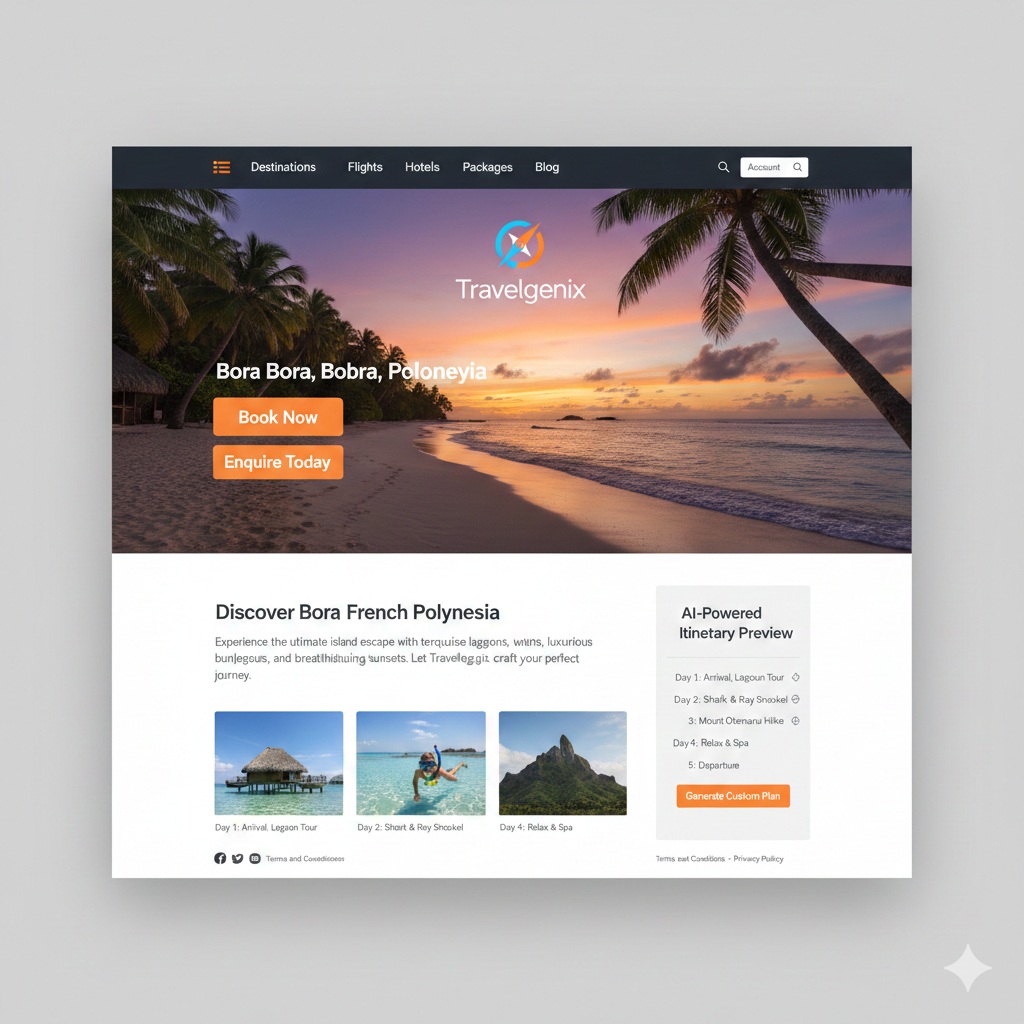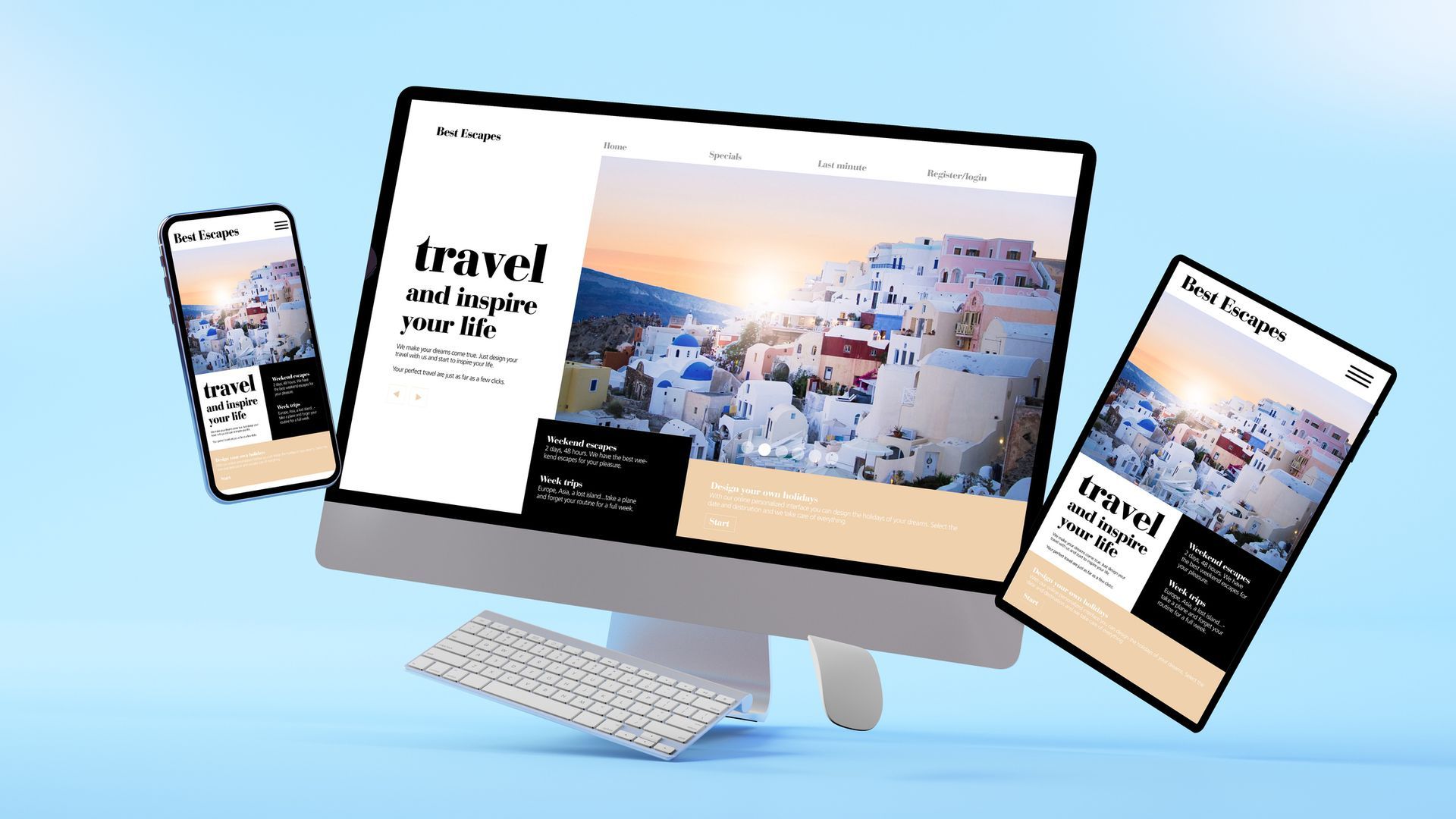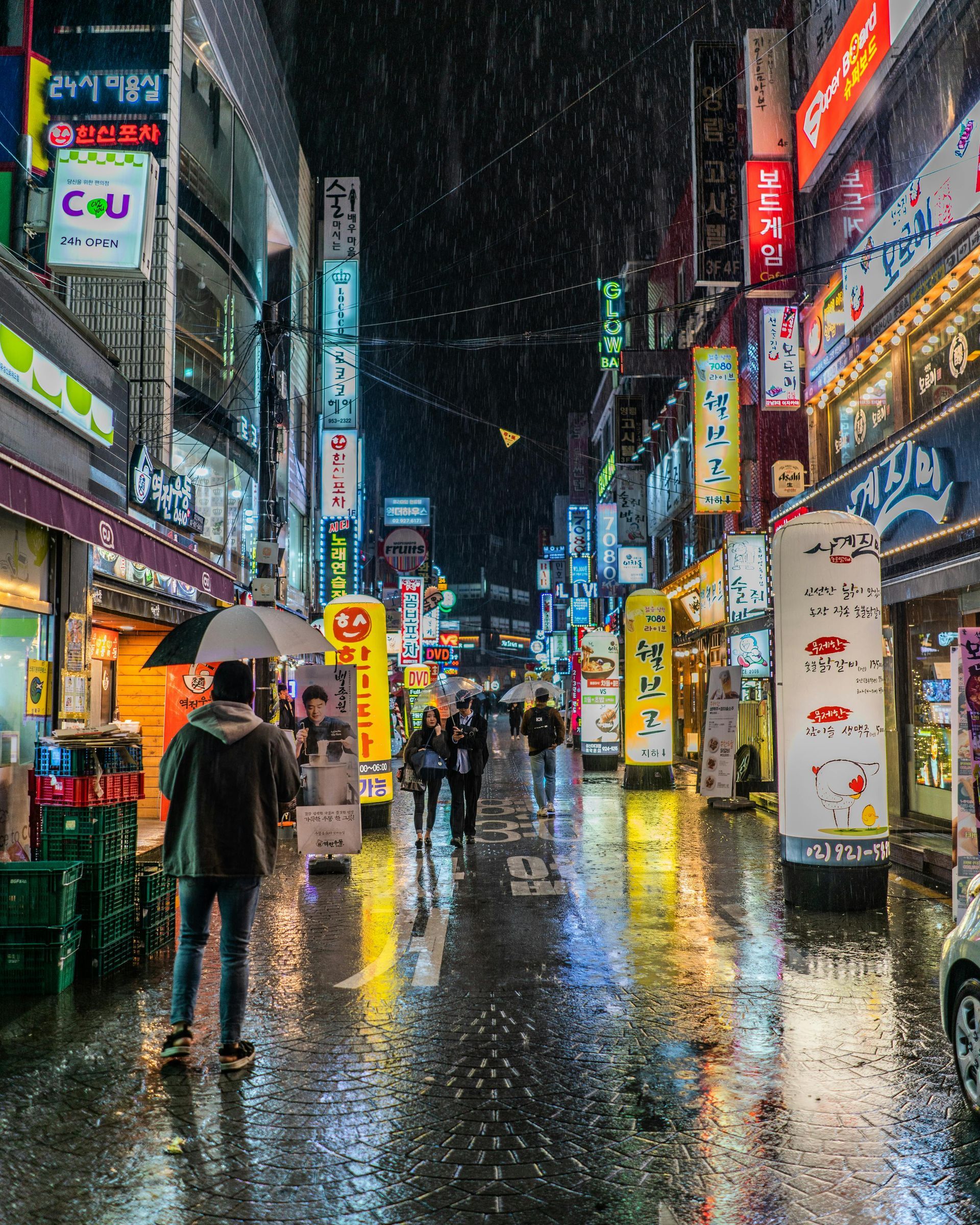The Ultimate Guide to Enhancing Customer Experience in Travel
Travellers today seek seamless, personalised, and memorable experiences from the planning stage to their return home.
In the highly competitive travel industry, delivering an exceptional customer experience (CX) is paramount for success. Travellers today seek seamless, personalised, and memorable experiences from the planning stage to their return home. This comprehensive guide outlines strategies travel businesses can implement to enhance the customer experience, ensuring satisfaction and fostering loyalty.
Understand Your Customers
- Deep Dive into Customer Insights: Utilise data analytics to understand customer preferences, behaviours, and feedback. Surveys, social media listening, and CRM (Customer Relationship Management) tools can provide valuable insights into what travellers value most.
- Persona Development: Create customer personas to better understand the needs of different traveller segments. Tailoring services and communications to these personas can significantly improve the customer experience.
Personalise the Experience
- Customised Offerings: Use customer data to offer personalised travel recommendations, deals, and itineraries. Personalisation makes customers feel valued and enhances their overall experience.
- AI and Machine Learning: Implement AI and machine learning technologies to deliver personalised content and recommendations at scale, based on past behaviours and preferences.
Leverage Technology
- Mobile Integration: With smartphones being a traveller’s constant companion, ensure your website and booking engine are mobile-friendly. Consider developing a mobile app that offers functionalities like itinerary tracking, mobile check-in, and real-time notifications.
- Virtual and Augmented Reality: Use VR and AR to offer virtual tours of destinations, accommodations, or experiences, helping customers make informed decisions and enhancing their anticipation.
- Chatbots and Virtual Assistants: Implement AI-driven chatbots and virtual assistants for 24/7 customer support, providing instant responses to inquiries and assistance.
Streamline the Booking Process
- User-Friendly Website: Ensure your website design is intuitive, with easy navigation and a straightforward booking process. High-quality images, detailed descriptions, and customer reviews can aid in decision-making.
- Flexible Booking Options: Offer flexible booking policies, including free cancellations and rebooking options, to accommodate the uncertainties of travel.
- Secure Payment Process: Implement a secure, efficient payment system with multiple payment options to cater to global customers.
Enhance In-Trip Experience
- Local Experiences: Partner with local vendors to offer unique, authentic experiences that immerse travellers in the destination's culture.
- Real-Time Assistance: Provide real-time support through apps or messaging services, allowing travellers to easily get help or information during their trip.
- Feedback Loop: Encourage and simplify the process for customers to provide feedback during and after their journey. This not only enhances the customer's current experience but also provides valuable insights for future improvements.
Foster Post-Trip Engagement
- Thank-You Notes and Follow-Ups: Send personalised thank-you messages and follow-up communications to gather feedback and offer incentives for future bookings.
- Loyalty Programs: Develop a loyalty program that rewards repeat customers with discounts, perks, and early access to special deals.
- Community Building: Create an online community where travellers can share stories, tips, and reviews. This fosters a sense of belonging and keeps your brand top of mind.
Train Your Staff
- Empower Employees: Train your staff to deliver exceptional service. Empowered employees who can make decisions to solve customer issues on the spot are key to a positive customer experience.
- Continuous Training: Invest in regular training programs to keep staff updated on the latest trends, technologies, and customer service best practices.
Enhancing customer experience in travel requires a multifaceted approach that combines understanding customer needs, personalising the service, leveraging technology, and engaging customers before, during, and after their trip. By implementing these strategies, travel businesses can create memorable experiences that exceed expectations, build loyalty, and drive repeat business. Remember, in the world of travel, a great customer experience is the journey and the destination.





